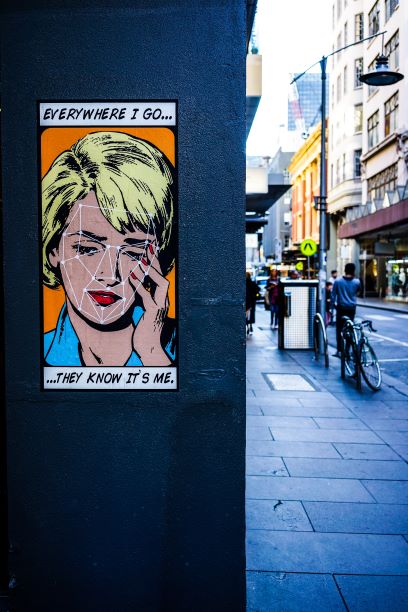
How can blockchain and Social Media work together?
Social media simplified approaches to the way we socialize beyond geographic boundaries and established new ways of communication and influenced the business sectors. But how can blockchain and Social Media work together?
There are a whole lot of privileges we’re enjoying thanks to social media. But there is a huge risk that comes with the conveniences of social media: users’ privacy.
You don’t think there is a privacy problem on social media?!
Look no farther than Facebook’s data breach in 2019. Over 540 million users’ private information was then exposed on Amazon’s cloud calculating service. Facebook is still dealing with the repercussions of the federal investigations within the Cambridge Analytica scandal, which ended with a $5 billion fine, so this newest dilemma over consumer privacy is just one more blow to the people’s trust.
Safety is not the only challenge with social media. Censorship, misleading news and manipulative algorithms are rising issues as well. So what can we do?
Can these issues be solved? Of course, the solution is not to eliminate social media, as it has become an important part of our lives and it is used as a tool which helps create economic value and create jobs.
A social media statistic revealed that:
73% of online marketers agree that their efforts in implementing a social media marketing strategy for their business have been effective.
We can all agree that social media has been of great use in many businesses over the last decade, but the trust build with so much hard work can be broke after such a scandal like the one Facebook was involved in.
The good news is that there is a solution. A little twitch or different approach can protect users from privacy risks. And the blockchain technology can help with this risk. We’re talking about the decentralized way of how blockchain functions. By using blockchain, there wouldn’t be a single entity controlling the entire platform and thus the risk or privacy leaks can be overpassed.
The distinct features of a blockchain can be what social media needs at the moment. Let’s take a look at what exactly are these.
Transparency
The giants of social media had to spend enormous resources to shut down spam accounts, which were being used to disperse erroneous information.
Meanwhile, platforms that used the blockchain technology are giving their users the option to authenticate, update and use their real-life assets, without exposing them to the risk of these ever being misused. Such a shift can lift a great burden off social media platforms.
Control
Did you know you lose control over your private information, the moment you upload it online?
Most of the time, that data is used to target users and display ads. By using a blockchain platform, the users could control and decide who has access to that information and how it is used.
Freedom
When we talk about social media, we also have to mention content creators, the ones who invest the times to create and publish content on those social media platforms.
The current social media platforms can block and/or demonetize content posted by content creators. On a decentralized platform, there would be no central authority to control the way content is viewed.

What are the alternatives?
How can blockchain and Social Media work together?
At the moment, there are a few blockchain projects aiming to address the crisis going on, but the masses need to hear about them.
This is a list of platforms built using the blockchain technology, that aims to revolutionize the online social media.
With a base of millions of users, Diaspora is using a Distributed Database Network, in which users have complete freedom and privacy.
This modern platform offers zero censorship of the network, in which the users owns everything. It is considered to be a great enforcer of freedom of speech.
This revolutionizing platform offers all the features that conventional social media platforms have, with the addition that the users can generate revenue by using it.
This is the decentralized, open-source version of Twitter. Mastodon is an ad-free platform, in which the user controls who sees their posts.
Sola integrates AI into their platform to ensure that the video content of the platform reaches those users who are interested in it, which helps boosts engagement as well.
Although there are 3.5 billion people registered on online social media platforms, the mass adoption of blockchain-based platforms will take some more time.
Within the constantly evolving state of the online medium, users are increasingly concerned with their privacy. More and more individuals opt for platforms that don’t ask them for their personal data, or which don’t use it.
Although users are still attracted to these traditional online social mediums by transforming it into a business, the platforms need to cut their commission before rewarding the users.
It’s early to predict it, but users’ interest is changing and can lead to the reshaping of what we call today online social networks. Will the giants of today still play the game or is the future going to emerge from the horizon of blockchain?
